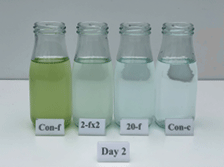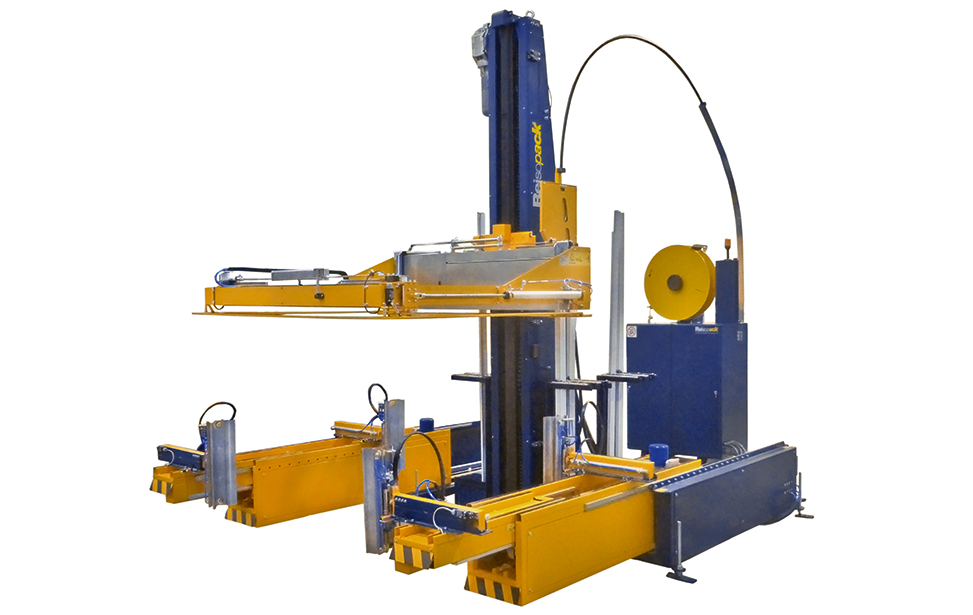In hydroponic farming, where crops grow from the root up, effective management of waterborne plant pathogens is critical to maintaining crop health and maximizing yield. Dr. Peter Konjoian, a leading expert in horticulture research, has collaborated with Pace 49 to develop strategies for using quaternary ammonium compounds (QATs) such as UpTake PRO and Pace KleenGrow.
His research highlights the increased sensitivity of hydroponic roots to chemical treatments compared to traditional soil methods, highlighting the need for safe yet powerful disinfectants.
Dr. Konjoyan’s extensive research over two decades has focused on optimizing the use of oxidants and quats to effectively control algae, biofilms, and waterborne pathogens. Its results highlight the varying levels of effectiveness of disinfectants, with a particular focus on crop safety to protect profitability. The delicate balance between effective pathogen control and prevention of phytotoxicity (plant damage) is of paramount importance, especially in systems such as NFT (Nutrient Film Technique) hydroponics where water quality directly impacts crop viability.
Implementing an intermittent pulse strategy has emerged as a promising approach to allow growers to maintain optimal pathogen control while minimizing potential harm to sensitive hydroponic roots. This strategy not only keeps crops healthy, but also optimizes production costs, increasing the overall profitability of hydroponic farming.
Looking to the future, Dr. Konjoyan expects further development of biostimulants that will complement current disinfection methods in hydroponics. As the industry evolves, understanding the role of beneficial microbes along with effective pathogen control will be critical to maintaining healthy and productive hydroponic crops.
Effective management of waterborne plant pathogens is the cornerstone of successful hydroponic agriculture. Through ongoing research and strategic application of disinfectants such as quats, growers can ensure both crop health and profitability. As innovations continue to emerge, the integration of sustainable practices and biostimulant technologies will further improve the sustainability of hydroponic farming systems.












